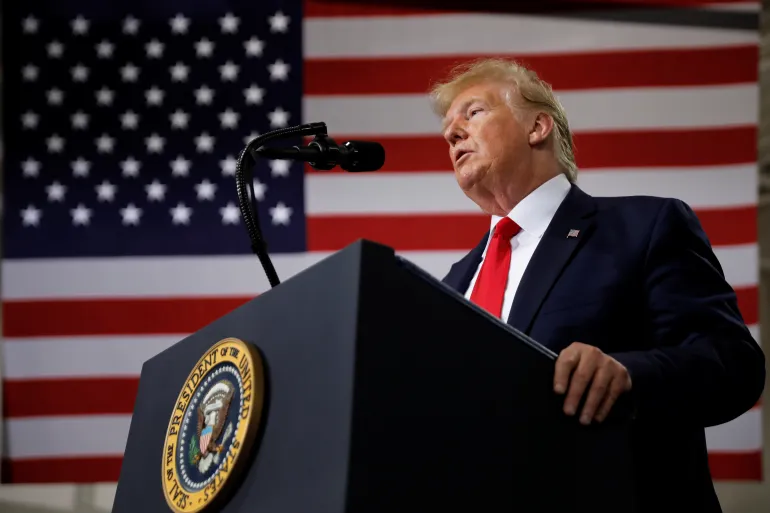The Biden administration has decided to reduce Intel’s preliminary $8.5 billion CHIPS Act grant to less than $8 billion, citing the company’s investment delays, broader financial struggles, and a new $3 billion military contract, the New York Times reports.
The adjustment reflects the government’s approach to ensure taxpayer dollars are spent effectively while maintaining support for the domestic semiconductor industry.
Intel, once seen as the CHIPS Act’s biggest beneficiary, has faced significant setbacks in its operations and market performance. Initially, the company planned to complete two chip plants in Ohio by 2025, but these projects have been delayed to the end of the decade. The delays, coupled with Intel’s largest-ever quarterly loss earlier this year, have raised concerns about its ability to meet investment commitments.
Additionally, the Commerce Department’s decision took into account Intel’s $3 billion military contract to produce chips for the US government. Combined with the adjusted CHIPS Act grant, this contract brings Intel’s total federal funding under the program to more than $10 billion.
The CHIPS Act, a bipartisan initiative signed into law in 2022, allocated $39 billion in subsidies to boost domestic semiconductor production and reduce reliance on Asian manufacturing. Intel had lobbied extensively for the act, positioning itself as a key player in the administration’s goal of revitalizing US-based chipmaking.
However, Intel’s recent business struggles have complicated its role in this vision. The company has been working to regain its technological edge against rivals like Taiwan Semiconductor Manufacturing Company (TSMC) but has struggled to attract customers for its new plants. To support Intel, Commerce Secretary Gina Raimondo has encouraged major tech firms such as Apple, Amazon, and Google to use Intel’s US-made chips.
Despite these efforts, Intel’s performance has faltered. Its market value has dropped from a peak of $500 billion in 2000 to about $106 billion today, with sales falling 6% in the most recent quarter and job cuts affecting 15,000 employees.
While Intel faces hurdles, the CHIPS Act has spurred significant growth in US semiconductor manufacturing. The Commerce Department recently finalized a $6.6 billion grant to TSMC, which is investing over $65 billion in Arizona factories. Officials note that the US is set to become the only country hosting all five of the world’s leading chip manufacturers.
Intel CEO Pat Gelsinger, who was instrumental in championing the CHIPS Act, continues to advocate for the company’s role in reshaping the semiconductor industry. Despite challenges, Intel recently reported higher-than-expected revenue projections, boosting its share price by 12%.
As Intel works to address its operational and market challenges, the Biden administration remains focused on strengthening the US semiconductor sector, balancing financial support with accountability to ensure that public investments yield tangible results.









